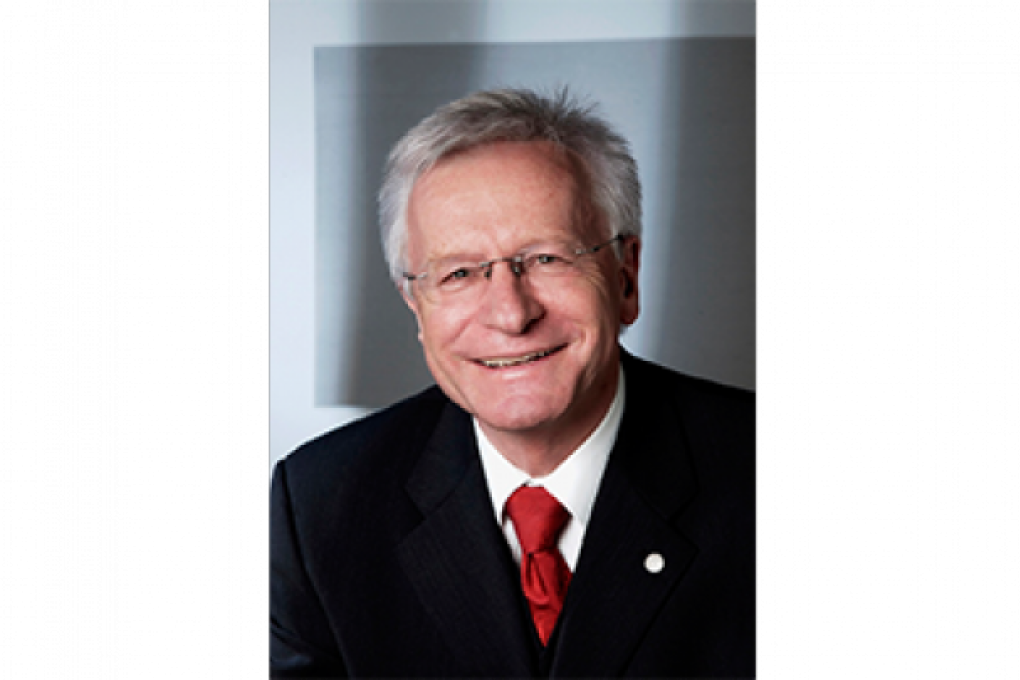FAU deepens interdisciplinary exchange in the region
Discovery Reports

Research co-operations are building blocks for technology transfer, and Asia's dynamism makes it rich ground for international breakthroughs. Friedrich-Alexander-Universität Erlangen-Nürnberg, or FAU, among Germany's top 10 research universities, finds promise in an Asian collaboration on biotechnology, life sciences and engineering. It is eyeing research institutions, industry partners and highly motivated PhD candidates in these fields and beyond.
"In our strategic internationalisation, we're looking for strong partners not only among universities, but also for strong high-level partners in industry and research institutions," says Dr Karl-Dieter Grüske, president of FAU.
With its 270-year legacy, FAU offers one of the broadest ranges of courses to students in Germany and a growing number of exchange students globally. As the only traditional university in Germany with an integrated school of engineering, FAU enables seamless collaboration in research and teaching through 25 interdisciplinary centres developed from core disciplines in engineering, humanities, law and business, medicine and natural sciences.
This emphasis on interdisciplinary exchange has led to approximately 500 partnerships in 72 countries, including universities and research institutions in China, South Korea, Japan, India and Southeast Asia. FAU's medical technology cluster, where more than 43 partners work together on product innovation, is being adopted as a model for industry-academia collaborations on the mainland.
FAU aims to deepen exchanges in Asia through its campus in South Korea, which is fully staffed and equipped with world-class laboratories.
Research collaborations will be supported by the university's partnerships with established European companies and upcoming enterprises with niche innovations. Promising fields also include energy, material sciences, informatics, industry automation and eco-friendly manufacturing.
